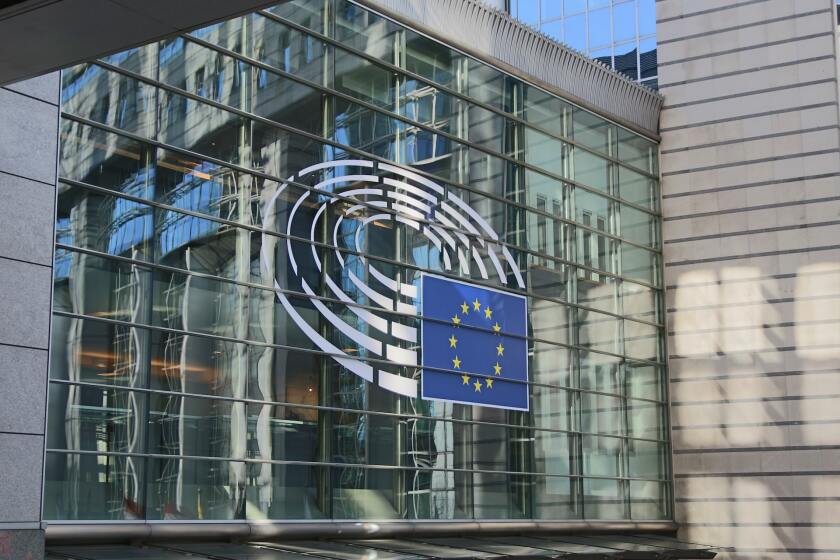EU member states achieved a historic breakthrough yesterday, December 12, by agreeing to implement the OECD’s global corporate minimum tax rate of 15% across the bloc.
The decision to adopt the minimum tax rate, known as pillar two, came after the Hungarian government dropped the last remaining objection to applying the measure in the EU.
EU ambassadors released some post-COVID recovery funds, which had previously been blocked due to a rule of law dispute between Hungary and the bloc, in exchange for Budapest lifting its veto to the tax floor rate.
Zbyněk Stanjura, finance minister of the Czech Republic, which holds the rotating presidency of the Council of the EU, welcomed the agreement as a clear and strong message to businesses on tax.
“The largest groups of corporations, multinational or domestic, will need to pay a corporate tax that cannot be lower than 15% globally,” he said in a statement.
The landmark two-pillar solution, which was reached at the OECD Inclusive Framework by 137 countries in October 2021, represents the most wide-reaching attempt to reduce profit-shifting by global corporations.
Pillar two aims to ensure that large multinationals with revenues of at least €750 million ($790 million) pay an international minimum effective tax rate of 15% in all the countries in which they operate.
Meanwhile, pillar one would overhaul international taxing rights to ensure that multinationals declare profits and pay tax in the jurisdictions where they do business. The measure would apply to large multinationals with revenues exceeding €20 billion ($21.1 billion).
The EU’s minimum tax rate move is seen as crucial to saving pillar two after the measure had gone cold on both sides of the Atlantic due to fierce political and business resistance.
European ambassadors have now set the ball rolling on applying the tax floor rate by advising the Council of Ministers to formally adopt the pillar two directive. The EU law is expected to be transposed into member states’ domestic rules by the end of 2023.











